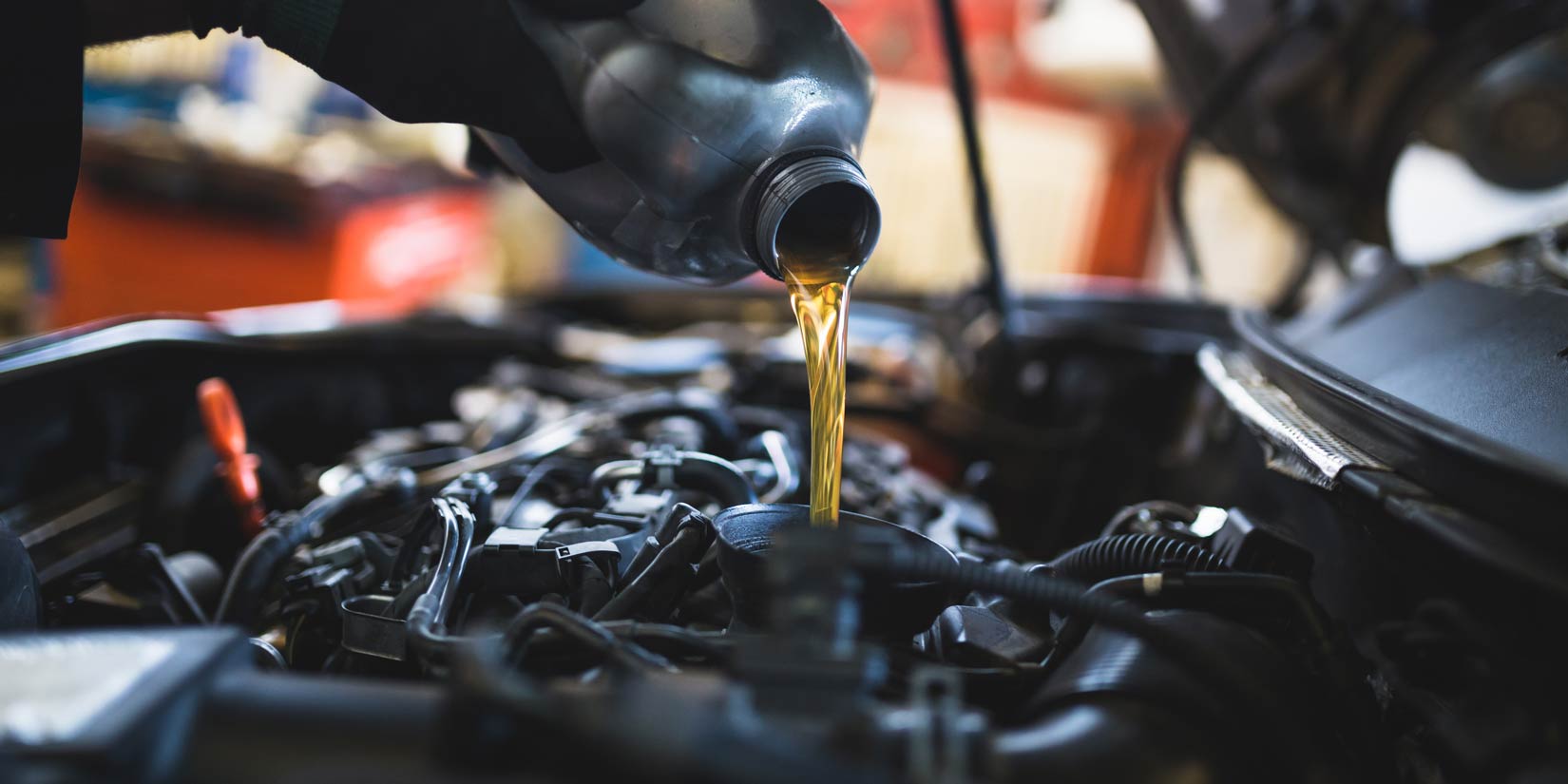Why It’s Important to Have Your Nissan’s Oil Changed
When it comes to automotive maintenance, taking your car in for an oil change should be at the top of everyone’s list. Regular oil changes not only improve your engine performance but also extend its longevity and aid your vehicle in achieving maximum gas mileage—meaning you are saving money in the process. Clean oil is essential for ensuring that your engine and your vehicle remain lubricated and perform at peak efficiency.
Without consistent oil changes, friction builds up between the engine's main moving parts, creating heat and pressure that negatively affects the entire engine. Additionally, today's modern vehicles are designed with controls that influence the engine's gas mileage, emissions, and overall efficiency, which are powered by the oil and oil pressure. When your oil level gets too low or even becomes dirty, these controls are unable to perform their core functions.
Signs Your Nissan Needs an Oil Change
Most people make the crucial mistake of solely relying on mileage rather than oil change warning signs when deciding when to get an oil change. Unfortunately, this type of automotive maintenance philosophy can lead to vehicles suffering from an overdue oil change. To prevent this potential situation from ever occurring for you, below we are breaking down some of the potential warning signs you may be able to catch before it’s too late!
1. Dark Oil
Clean oil should be an amber color, but after a while, the fluid will darken as it gets dirty from all of the particles it collects from the engine. Since you won’t know when the color begins to change, it is generally recommended that you check the condition of your oil every month. To check your oil, remove the dipstick from your engine, wipe it off, and then place it back in your engine. When you remove the stick again, if you can see if through the oil, then your fluid is fine. If the oil is thick and dark, schedule an oil change at our Nissan of Lithia Springs Service Center.
2. Louder Engine Noise and Knocking
When your engine is running on clean oil, a protective layer is created between metal parts to prevent direct metal-on-metal contact—keeping your engine quiet. When the fluid starts to break down, it doesn’t lubricate as well, meaning you will get more frequent metal-on-metal contact and an overall louder engine. If these increased engine sounds are ignored for too long, you will start to get a knocking of rumbling sound coming from your engine, meaning it is in dire need of an oil change.
3. Visible Exhaust Smoke
When an engine is running smoothly and on a healthy amount of lubricant, it is normal to notice a translucent vapor coming out of your tailpipe as the weather gets colder. However, if you begin to notice smoke being emitted, it is definitely time to check your oil, as there could be a leak. Smoke can also indicate faulty parts in your engine, so if you see there’s enough oil in your vehicle, it is recommended that you have a professional perform diagnostics to pinpoint the problem immediately.
4. Oil Change or Check Engine Light
Perhaps one of the most obvious, but often ignored, warning signs is the oil change or check engine light. An illuminated oil change light on your dashboard means that there isn’t enough oil in the system. Once this light illuminates, quickly check the oil level with the dipstick and if it's insufficient, change your oil as soon as possible. In other, sometimes more serious cases, the check engine light will turn on indicating that your vehicle is at a high risk of engine damage either due to lack of fluid or damaged parts. In this case, it is essential to get your vehicle examined by a professional as soon as possible.
5. High Mileage
Although it shouldn’t be the sole sign you reference, it’s also important to keep an eye on the odometer. Generally, it is recommended that most cars have their oil changed every 3,000 miles or three months. If you just bought a new car, you should schedule an oil change every 6,000 miles or six months, whichever comes first. Keep in mind that these are just suggestions. For the most accurate oil change timing information, check your owners manual for a more exact oil change and maintenance schedule.
6. Oil Smell Inside the Cabin
The last, and potentially the largest, warning sign that we will discuss today is an oil odor inside the cabin. Generally, the odor is strong and can be mixed with the smell of exhaust fumes. These strong odors indicate that there is an oil leak and that oil is burning into the exhaust area. Not only can this mean serious damage to your car, but it can also be dangerous, as it can ignite a fire. As a general rule of thumb, once you smell oil inside your car, get an oil change right away.
Visit Your Local Nissan of Lithia Springs Today!
As a locally owned and operated dealership, we serve our local community with an impressive selection of new, used, and pre-owned cars, trucks, SUVs, and vans. Whatever vehicle you’re in the market for, we have something that will suit your needs. Browse our inventory below and let us know if anything catches your eye!








